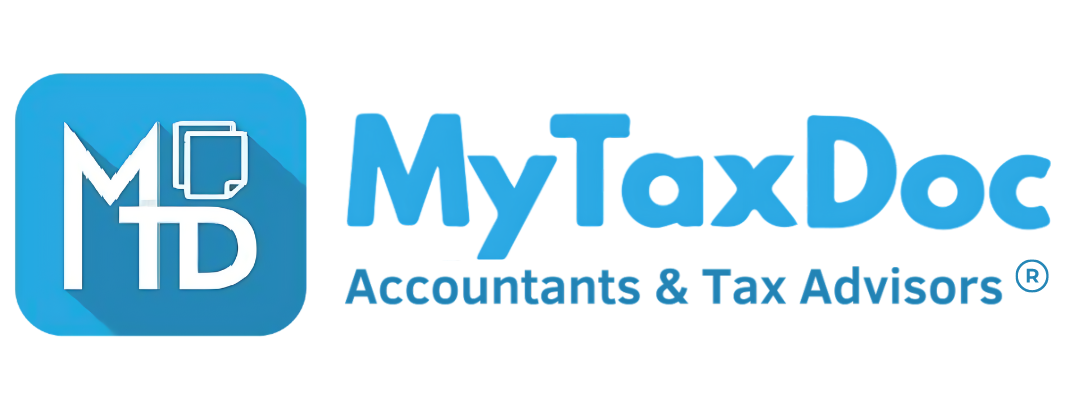Tax returns and your responsibilities as a non-resident landlord
You must complete a UK self-assessment income tax return if you’re a non-resident of the UK and you’re letting out a property in the UK. In this guide, we aim to provide non-resident landlords with the guidance they need to better understand their situation.
It’s important to note that each tax year runs from the 6th of April to the 5th of April the following year. You must inform HMRC by the 5th of October following the end of the tax year in which the first income arises if you want to prepare a tax return.
The 31st of January in the following year is the due date for paying taxes due for a particular tax year.
Payments on account:
If your liability for year 1 exceeds £1000 (excluding any payments towards your student loan), you’re required to make payments on account for year 2. These payments are due on 31st January in year 2 and 31st July in year 3.
If your liability for year 2 exceeds the payments made on account, the balance is due on 31st January of year 3. Payments on account will be refunded, and a repayment supplement will be applied if your liability for year 2 is less than the payments made on account.
Your payment on account can be reduced if you believe your tax liability in year two will be lower than in year 1. However, you’ll be charged interest if you’re found to have underpaid.
For example, Sophie, an American citizen, decided to let her property in the UK for £15,000 annually, with allowable expenses of £3,000. She’s taxed at the basic rate (currently 20%) due to her American citizenship.
Her responsibilities:
As a non-resident, Sophie’s managing agent or tenant must deduct and remit tax to HMRC at the basic rate. Sophie needs to register with HMRC using form NRL1 to receive her income gross without tax deduction.
Before 5th October 2023:
If Sophie hasn’t completed form NRL1 and basic rate tax hasn’t been deducted, she must inform HMRC within six months of the end of the relevant tax year. Sophie must notify HMRC no later than 5th October of the relevant tax year due to her rental income profits.
Before 31st October 2023 (optional):
Sophie must file her paper tax return for the year 2022/23 by 31st October 2023 if she wants HMRC to calculate her tax liability. Filing a paper return after this date incurs a penalty of £100.
Before 31st January 2024:
Sophie must file an electronic tax return by 31st January 2024. Failing to file a paper tax return by 31st October 2023 incurs a penalty of £100. Some individuals may not be allowed to file electronically by this date and must file a paper return instead. Overseas filers usually can’t file electronically.
Before 5th August 2024 and quarterly thereafter:
From 6th April 2024, Sophie, with gross rental income exceeding £10,000, must keep digital records and report earnings and expenses to HMRC electronically within one month of the end of each quarter.
Sophie’s tax liabilities:
Due to her American citizenship, she isn’t entitled to the UK personal allowance. Her tax liabilities are as follows:
– Tax Year 2022/23: £1,400 (7,000 @ 20%)
– Tax Year 2023/24: £2,400 (12,000 @ 20%)
Her tax payment schedule is outlined above.
Capital Gains Tax:
The sale of residential property in the UK by non-residents triggers the need to pay capital gains tax (CGT). The seller must complete an online return and pay the CGT within 60 days of the sale.
Late filing penalties:
Failure to file a tax return by the deadline incurs an automatic non-refundable penalty of £100. Penalties increase for overdue returns, and interest accrues on late payments.
What to do if you can’t pay:
Try to make an arrangement with HMRC. Contact the Business Payment Support Service Helpline at 0300 200 3835.
Records and Making Tax Digital:
You’re required by law to keep accurate records of your income and expenses. From 6th April 2024, property owners with gross rental income exceeding £10,000 must keep digital records and report them to HMRC every quarter within one month of the quarter’s end.
DISCLAIMER
© MyTaxDoc Ltd 2023 All Rights Reserved – The above articles are provided for guidance only and may not cover your personal circumstances so you should not rely on them. It is important that you seek appropriate professional advice which takes into account your personal circumstances where you can provide the full facts of the case and all documents related to your case. MyTaxDoc Ltd t/a www.mytaxdoc.co.uk or Z Ali cannot be held responsible for the consequences of any action or the consequences of deciding not to act.
